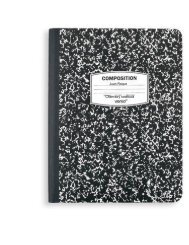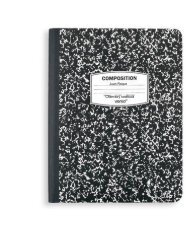Create successful ePaper yourself
Turn your PDF publications into a flip-book with our unique Google optimized e-Paper software.
then it is exothermic, meaning the system gives off heat to its surroundings, so q (the 4..18 came from the stage it where it was) -19340 =<br />
2832.789 (T1-179173.7145) --> 159833.7145 = 2832.786T --> divide to find t so 56.42279879. Use the<br />
Problem least amount 3 of significant figures, so 4 which is 56.42 degrees Celsius is your final temperature.<br />
Calculate the enthalpy (ΔH) for the process in which 45.0 grams of water is converted from liquid at<br />
10° C to vapor at 25° C.<br />
To calculate entha<br />
Solution 1<br />
amount of heat= (mass of substance) x (specific heat capacity) x (change of temperature)<br />
amount of heat=(1gram) (4.18 joules)/ (grams °C) (10°C)<br />
amount of heat=41.8 joules<br />
Solution 2<br />
Q=mcΔT<br />
-19340 J = (677.7g) (4.18J) (T f – 63.25°C)<br />
-19340 J = (2832.789) (T f – 63.25°C)<br />
-19340 J = 2832.789 T f – 179173.7145<br />
159833.7145 = 2832.786T f<br />
56.42279879 = T f<br />
T f = 56.42 °C<br />
Solution 3<br />
Part 1: Heating water from 10.0 to 25.0 °C<br />
ΔkJ = 45.0g H 20 x (4.184J/gH 2O °C) x (25.0 - 10.0) °C x 1kJ/1000J = 2.82 kJ<br />
Part 2: Vaporizing water at 25.0 °C<br />
ΔkJ = 45.0 g H 2O x 1 mol H 2O/18.02 g H 2O x 44.0 kJ/1 mol H 2O = 110 kJ<br />
Part 3: Total Enthalpy Change<br />
ΔH = 2.82 kJ + 110kJ<br />
ΔH = 112.82 kJ<br />
Page 141






